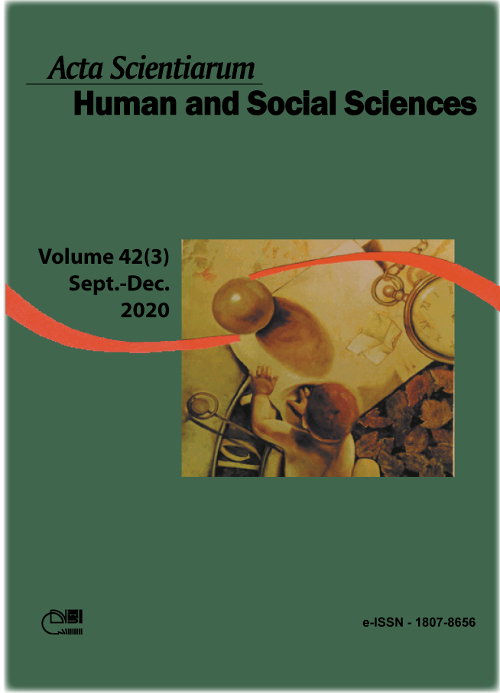Tempo e consciência: os estudos de pré-datação de Benjamin Libet
Resumo
Examinam-se os estudos de Benjamin Libet e colaboradores, nas décadas de 1960-70, a respeito da pré-datação temporal. Após estudos de estimulação elétrica direta do córtex somatossensorial, que demora meio segundo para tornar-se consciente, Libet refinou a tese clássica do ‘presente ilusório’, defendendo que processos conscientes em geral demorariam em torno de meio segundo para se formar. A seguir, explorou o efeito de mascaramento realizando experimentos envolvendo estímulo sensorial (uma picada na mão) seguido pelo estímulo cortical, e por fim concluiu que ocorre uma pré-datação da experiência consciente da picada (sentida meio segundo depois) para um instante de tempo próximo daquele em que de fato ocorreu. Este resultado foi interpretado por alguns filósofos e neurocientistas como sendo um desafio para a tese da identidade mente-encéfalo, provocando uma reação de Patricia Churchland de negar a validade do experimento ou do conceito de pré-datação. Argumentamos que tal reação negativa não se justifica, e que os experimentos são consistentes com uma visão fisicista.
Downloads
DECLARAÇÃO DE ORIGINALIDADE E DIREITOS AUTORAIS
Declaro que o presente artigo é original, não tendo sido submetido à publicação em qualquer outro periódico nacional ou internacional, quer seja em parte ou em sua totalidade.
Os direitos autorais pertencem exclusivamente aos autores. Os direitos de licenciamento utilizados pelo periódico é a licença Creative Commons Attribution 4.0 (CC BY 4.0): são permitidos o acompartilhamento (cópia e distribuição do material em qualqer meio ou formato) e adaptação (remix, transformação e criação de material a partir do conteúdo assim licenciado para quaisquer fins, inclusive comerciais.
Recomenda-se a leitura desse link para maiores informações sobre o tema: fornecimento de créditos e referências de forma correta, entre outros detalhes cruciais para uso adequado do material licenciado.


























